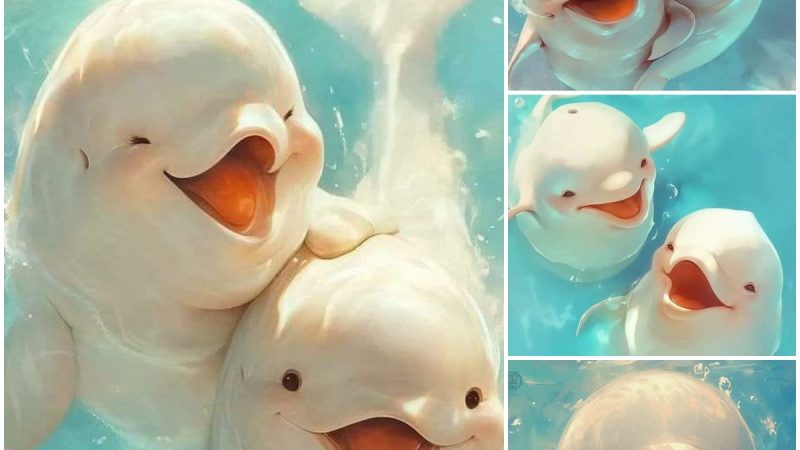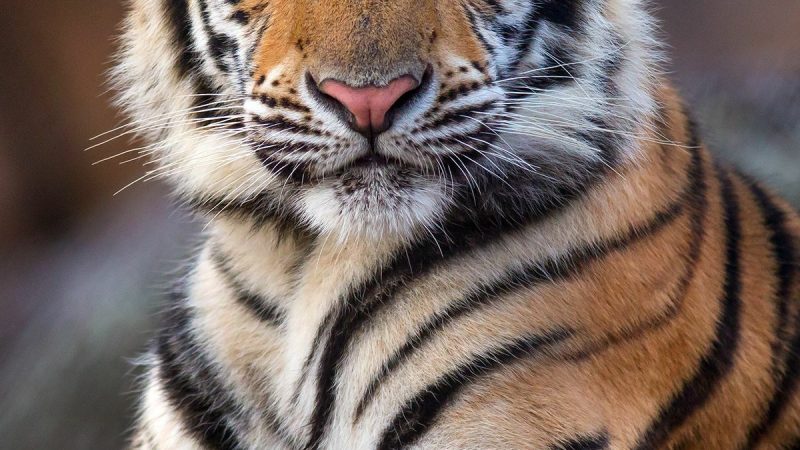Decades in Captivity: Hope Rises for Lolita the Orca’s Return to the Pacific

After enduring more than five decades of captivity, there may finally be a glimmer of hope for Lolita, the orca held at the Miami Seaquarium. The debate surrounding animal captivity and the ethical implications of confining intelligent creatures has reached a boiling point, and the movement to free Lolita and allow her to return to her natural habitat in the Pacific Ocean is gaining momentum.

Lolita was captured in 1970 off the coast of Washington State during a large-scale roundup of orcas. She was subsequently sold to the Miami Seaquarium, where she has been performing ever since. However, her confinement in a small tank without access to a natural environment or social interaction with other orcas has sparked widespread criticism from animal rights activists.

Despite continuous protests and efforts to secure her release, the Miami Seaquarium has adamantly refused to let Lolita go, resulting in legal battles and public outcry. In 2015, Lolita was added to the Endangered Species List by the National Oceanic and Atmospheric Administration (NOAA), raising hopes for her potential release. However, the Miami Seaquarium has persistently opposed any attempts to relocate or set her free.

Recently, the Lummi Nation, a Native American tribe in Washington State, has taken an active interest in Lolita’s plight. Collaborating with a team of experts and activists, the Lummi Nation has developed a comprehensive plan for Lolita’s rehabilitation and eventual return to the Pacific Northwest.

The proposed plan includes the construction of a sea pen off the coast of Washington State, providing Lolita with an opportunity to reintegrate into the wild and gradually adapt to her natural environment. Importantly, the sea pen would also allow Lolita to interact with other orcas, a fundamental aspect of her social and emotional well-being that has been denied to her for over 50 years.
Support for Lolita’s release and rehabilitation has surged among animal rights activists, environmental groups, and prominent figures like Jane Goodall and Cher. However, the Miami Seaquarium continues to push back against these efforts, arguing that Lolita is well-cared for and that releasing her would pose risks to both her and humans.

Undeterred, the Lummi Nation remains steadfast in its commitment to securing Lolita’s freedom and facilitating her long-awaited return to the Pacific. They vow to persist until their mission is accomplished, despite the challenges and opposition they face.
The captivity of Lolita and other orcas like her has ignited a broader conversation about the ethical implications of confining these intelligent and social creatures for human entertainment. Critics argue that the practice is inhumane and that orcas deserve to live freely in their natural habitats.

The movement to free Lolita and other captive orcas has become a powerful force, rallying support worldwide. As the momentum builds, the question remains: will Lolita finally be able to reclaim her freedom and rejoin her oceanic family after more than five decades in captivity?
The plight of Lolita serves as a stark reminder of the urgent need to reevaluate our approach to animal captivity and redefine our relationship with the natural world. The collective efforts to secure Lolita’s release not only aim to offer her a chance at a better life but also to challenge the ethical implications of keeping highly intelligent and social creatures confined for human entertainment.
The world watches with anticipation as the battle for Lolita’s freedom unfolds, hoping that her story will serve as a catalyst for change and inspire a shift toward more compassionate and responsible treatment of marine life in captivity.



